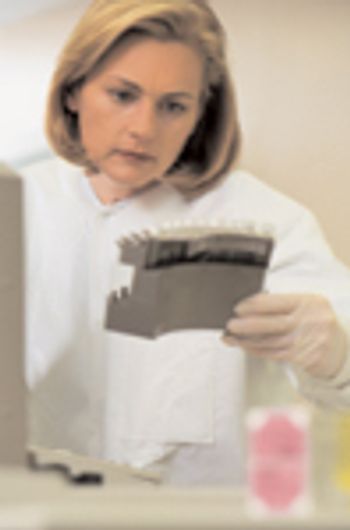
Steven S. Kuwahara, PhD, principal consultant at GXP BioTechnology LLC, gives an update on "Engineering the Cell-System Interface."

Steven S. Kuwahara, PhD, principal consultant at GXP BioTechnology LLC, gives an update on "Engineering the Cell-System Interface."

Contrary to popular belief, the out-of-specification problem started years before the Barr Decision.

Lax enforcement arising from a lack of political will creates the potential for a loss of public confidence.

This 1,230-page tome is a must-have encyclopedia for any person or organization planning to interact with the biopharmaceutical market in China. It contains 23 well-written chapters and five appendices written by individuals who are experts in the areas they address. Some of these experts are not well known in the US; thus the book also provides an excellent introduction to people whose knowledge and opinions are important when considering biopharmaceuticals in China. Many chapters were translated from Chinese and this is the first time that their information has been provided to the West.

The deliberate reuse of disposables has caused many clinically significant problems.

In the rush to save money, the consequences of potential problems often are ignored.

The variety of microbiological tests makes it difficult, if not impossible, to prescribe a single, comprehensive method for validating all types of tests. By their very nature, microbiological tests possess properties that make them different from chemical tests. Consequently, the well-known procedures for validating chemical tests are not appropriate for many microbiological tests. Yet, it is necessary to validate microbiological tests if they are to be useful for controlling the quality of drug products and devices. Test-method validation provides assurance that a method is suitable for its intended use. Given this definition, any rational company would want to be sure that its methods are validated.

by Steven S. Kuwahara, Titan Pharmaceuticals Numerous warning letters and consent decrees have revealed problems in coping with even simple parts of the GMPs.

Published: July 1st 2012 | Updated:

Published: April 1st 2007 | Updated:

Published: November 1st 2007 | Updated:

Published: November 2nd 2006 | Updated:

Published: May 1st 2007 | Updated:

Published: November 1st 2006 | Updated: